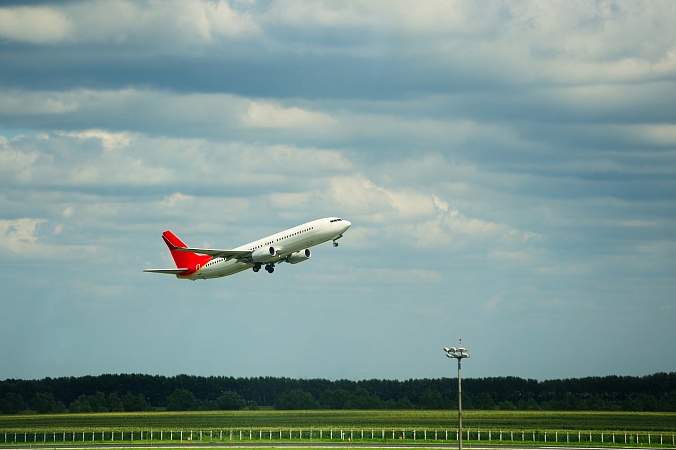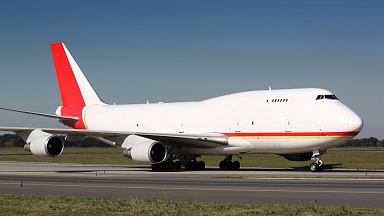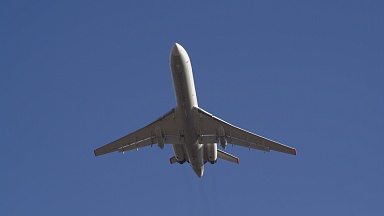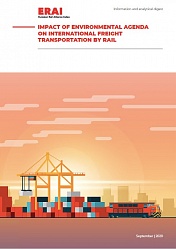Asian air freight export markets look set to pick up this week following a slight softening in recent weeks, according to freight forwarder Flexport.
In its latest Freight Market Update this week, the US freight forwarder said the ex-Asia air freight market «remains a bit subdued» from the highs seen in early May and around Chinese New Year, «but indications point to demand picking up this week as we near the end of Q2 (the second quarter)».
Flexport expects capacity to «remain tight over the next two months prior to the start of the traditional peak season as carriers use summer to perform heavy maintenance checks on their freighter aircraft. This capacity reduction along with robust consumption, especially in the US, should keep rates elevated during July and August.»
It believes long-haul passenger flights «are not likely to return to Asia in 2021, with the earliest date for any meaningful increase in April of 2022», which marks the start of the airline sector’s summer schedule.
Europe export demand strong
In Europe, export demand «remains strong across all trade lanes, elevating rates to higher levels than we usually see this time of year», Flexport highlighted, noting that capacity is «expected to improve slightly» on the TAWB (transatlantic westbound market), «with some airlines restarting PAX flights into major US hubs». For other trade lanes ex-Europe, it said capacity «is manageable, with early booking still advised to secure space at best rate levels. Airport hubs in the EU are operating as normal and not reporting backlogs for import/export.»
Americas
From the Americas, Flexport highlighted that export capacity «remains well utilised due to continued lack of belly capacity. For large consignments it can take 2-3 days from booking to uplift into key European destinations, mainly from the (US) West Coast. Capacity from WC gateways is the most constrained to Europe, while the Midwest and EC are very manageable.» ON the transpacific westbound lane, Flexport noted that capacity from the US west coast to Asia «is filling up well, not driven by perishables as in recent weeks».
And space to India, Nepal and Bangladesh «remains very constrained, as aid and relief efforts reach the COVID-struck region. Currently, space is booked out until late June.»
US airport congestion
Meanwhile, US airport congestion is continuing at some gateways. «LAX and ORD ground handlers facing backlogs are using off-airport facilities to manage the flood of cargo,» Flexport noted. «Ground handlers still report 2-5 days of backlog for breaking down arriving freight.»
And trucking «remains scarce for airport transfers and local pickup and deliveries, especially on the USWC».
Figures from the Baltic Exchange’s Baltic Air Freight Indices (BAI) show that the indices overall increased by 3% in May over April, but this was marked slowdown on the 17% growth seen in April over March.
Comparing the May 2021 average price levels to May 2019 shows the relative strength of the four biggest trade lanes with, Europe-US leading the way at +173% followed by China/Hong Kong-US at 151%, and China/Hong Kong-Europe and US-Europe growing at more modest levels of 84% and 64% respectively.
On average, May spot prices on the China/Hong Kong-US lane were up versus April by 9% with the highest rate of the year of $8.90 recorded in the week ending 10 May. On the China/Hong Kong-Europe lane, although the average rate in May was up 5% on April, there have been declines in recent weeks from the 2021 high of $5.07 seen in the week ending 3 May.
Rates this week
The latest figures from the BAI this week show PVG-Europe prices averaging US$4.22 per kilo and HKG-Europe at $4.34, while PVG to North America has slipped to $6.95 per kilo, HKG to North America at $7.98 per kilo — both down from around $9 per kilo in early May.





